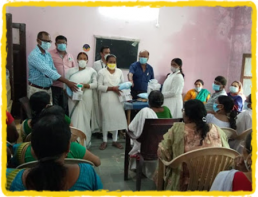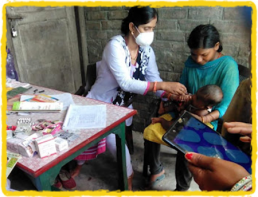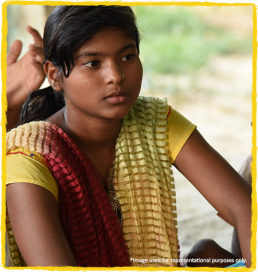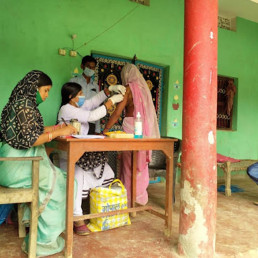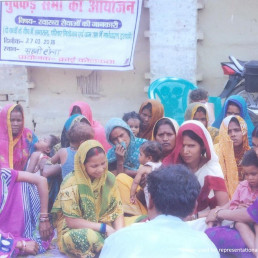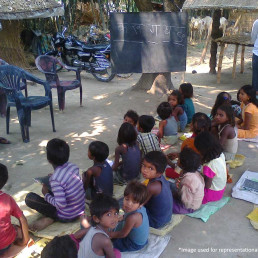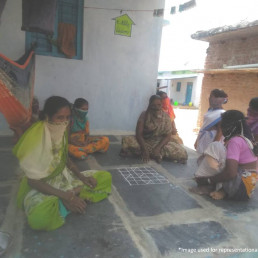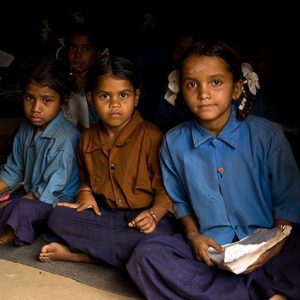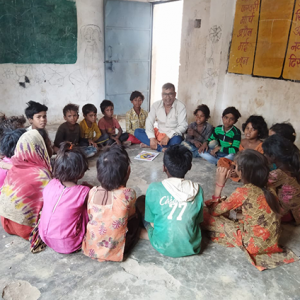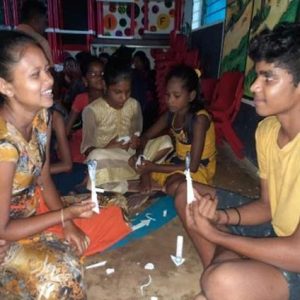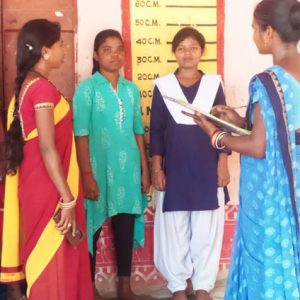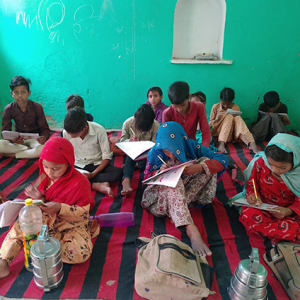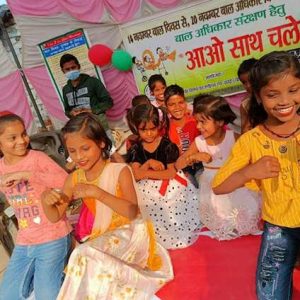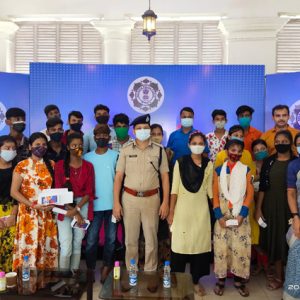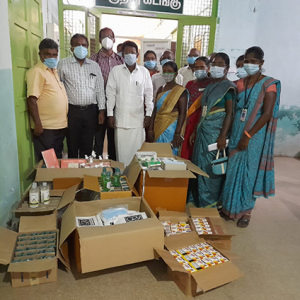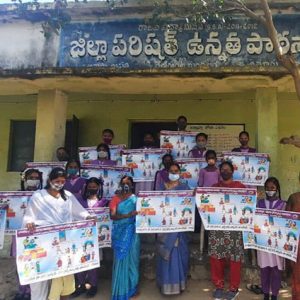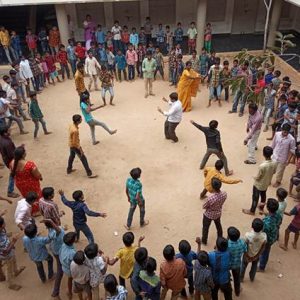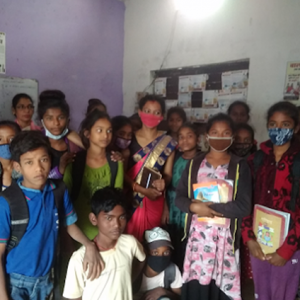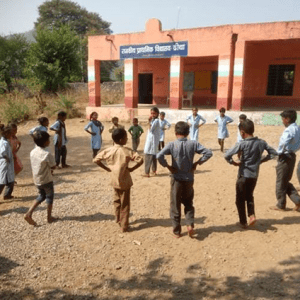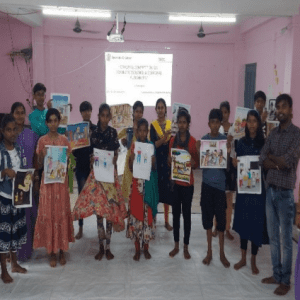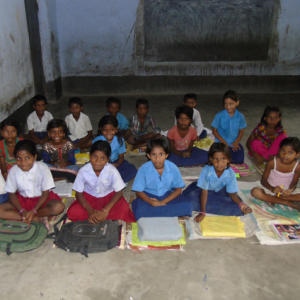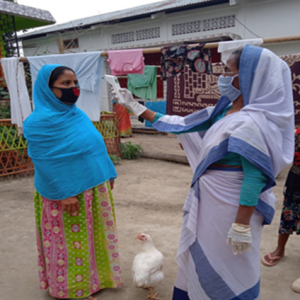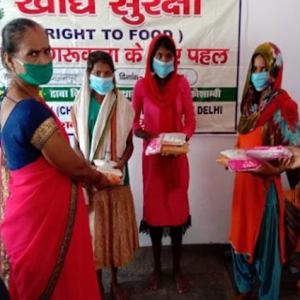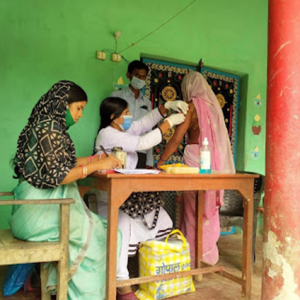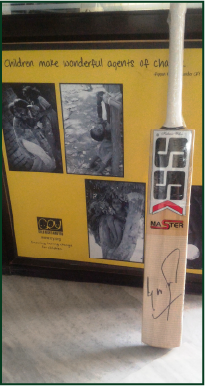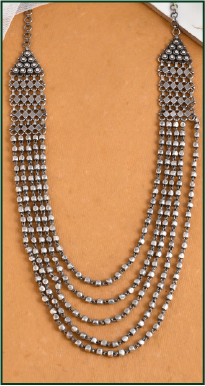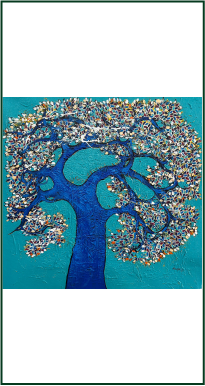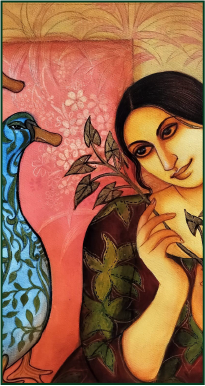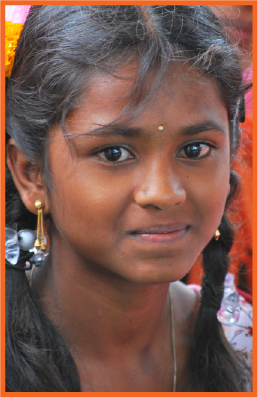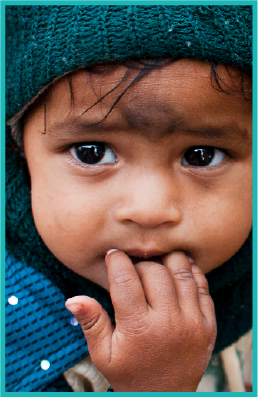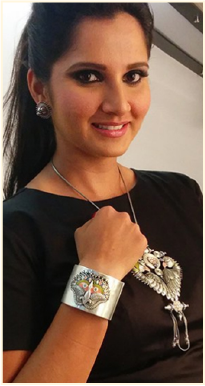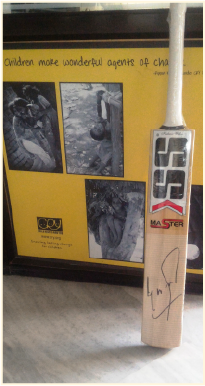Project Comprehensive Health and Rural Development Society (CHARDS)
- Total Amount Donated
$0
- Donation Goal
$31,385
0
Days to goTarget Goal
Campaign Story
About the project
In the Champaran district, the existing healthcare facilities are in a compromised state due to poor infrastructure, a shortage of qualified medical personnel, and limited service points & recurrent floods in the district. The inaccessibility of health services leads many to opt for home deliveries instead of institutional ones. Additionally, early marriage and teenage pregnancies further deteriorate the health and well-being of women and children in the community.
Making a difference
CRY America’s Project CHARDS has been working towards improved access to quality primary healthcare with the aim of reducing malnutrition, Maternal Mortality Rate (MMR), Child Mortality Rate (CMR), Infant Mortality Rate (IMR), and maternal and child morbidity. Key activities under this project include sensitizing women and adolescent girls on Antenatal (ANC) and Postnatal (PNC) care, managing menstrual hygiene, identifying Severely Underweight (SUW) and Moderately Underweight (MUW) children, and linking families to kitchen gardening practices to fight undernutrition.
The way forward
● Conduct 120 sensitization sessions on institutional deliveries
● Sensitize 500 lactating mothers on the importance of nutrition and supplementary feeding
● Conduct 3 model Village Health, Sanitation, and Nutrition Days engaging 14 Adolescent Girls’ Collectives
● Sensitize the parents of 15 SUW children to avail of Nutritional Resource Centre (NRC) treatment
● Conduct follow-up check-ups on anemia screening for 150 adolescent girls
● Conduct Life Skills modules for 382 children from the Girls’ Collectives
● Conduct Life Skills modules engaging 158 parents on positive parenting
● Organize a climate change module with 160 collective members
Project Impact

244
Institutional deliveries ensured

606
Children aged 9–12 months received full immunization

229
Pregnant women linked to maternity programs

20
MUW children moved to complete recovery
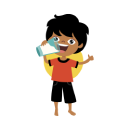
8
Severely Malnourished (SUW) children moved to Moderately Malnourished (MUW) status

30
Families adopted kitchen gardening practices

362
Collective members trained through Life Skills sessions

891
Lactating mothers adopted exclusive breastfeeding practices

1,496
Community members sensitized on hygiene and healthcare

350
Adolescent girls adopted hygienic menstruation practices

150
Girl’s Hemoglobin testing completed

2,500
Community members sensitized on health and nutrition through street plays












